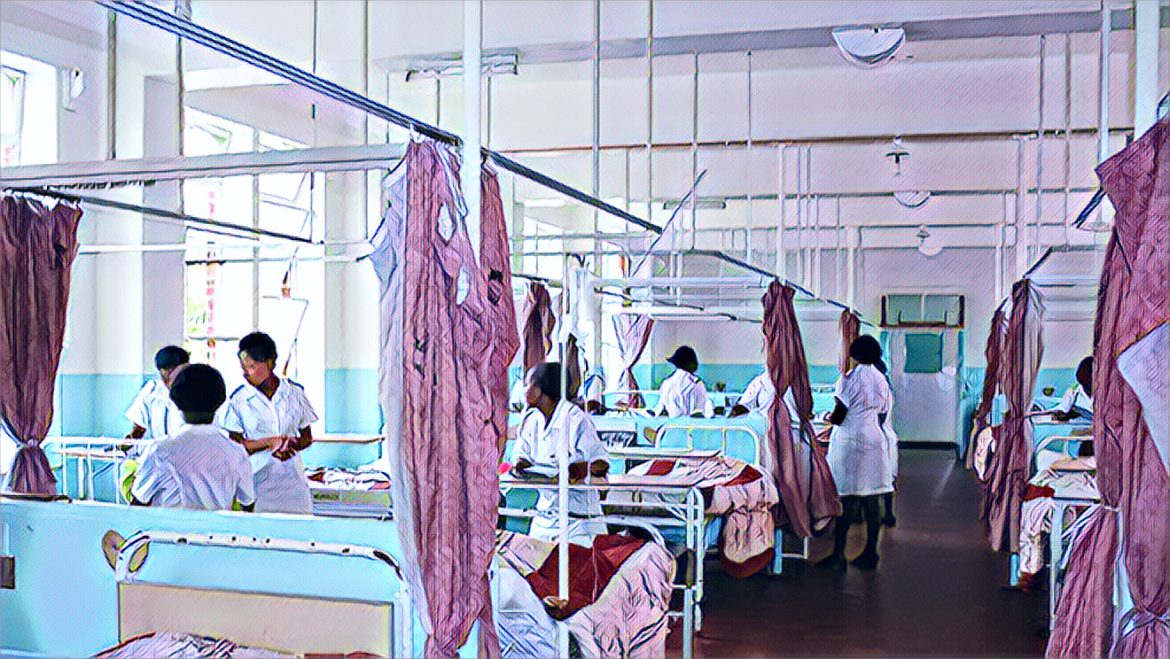In a recent health conference in South Africa, Phophi Ramathuba, a candid health official, criticized African leaders for neglecting domestic healthcare systems and opting instead for premium medical services abroad.
Ramathuba emphasized the disheartening trend of African dignitaries preferring medical attention in Europe, the US, or China, leaving their nations’ underfunded health sectors to stagger under crisis. This pattern, she noted, undermines local faith in African healthcare and neglects the sector’s desperate need for reform and investment.
The situation mirrors Zimbabwe’s healthcare plight, exacerbated by brain drain and insufficient funding, prompting health professionals to seek opportunities overseas. The neglect from African leadership, Ramathuba argued, reflects a broader disconnect: failing to fortify their healthcare infrastructure weakens national well-being and economic stability.
The criticism calls out the irony in leaders like Zimbabwe’s Vice President Constantino Chiwenga, who received life-saving treatment in China yet oversees local systems marred by resource shortages and dismal working conditions. Chiwenga’s tenure as Health Minister, rather than heralding improvement, coincided with further decline, compelling even the World Health Organization to highlight Zimbabwe’s critical healthcare workforce deficits.
According to a report by Newsday Zimbabwe, Ramathuba’s assessment touched a raw nerve, suggesting the degradation of Africa’s health facilities is a stark indicator of leadership failures across the continent. The poor state of health services, lacking even basic supplies, stands as a broken promise to citizens reliant on these essential yet floundering systems.
She contended that if leaders invested in local healthcare, ensuring facilities provided world-class treatment, they wouldn’t avoid seeking care within their borders. This ongoing negligence, Ramathuba concluded, is a collective disgrace, reflecting poorly not just on African leaders but also on the electorate, emphasizing the dire need for introspection and radical change in healthcare governance.


